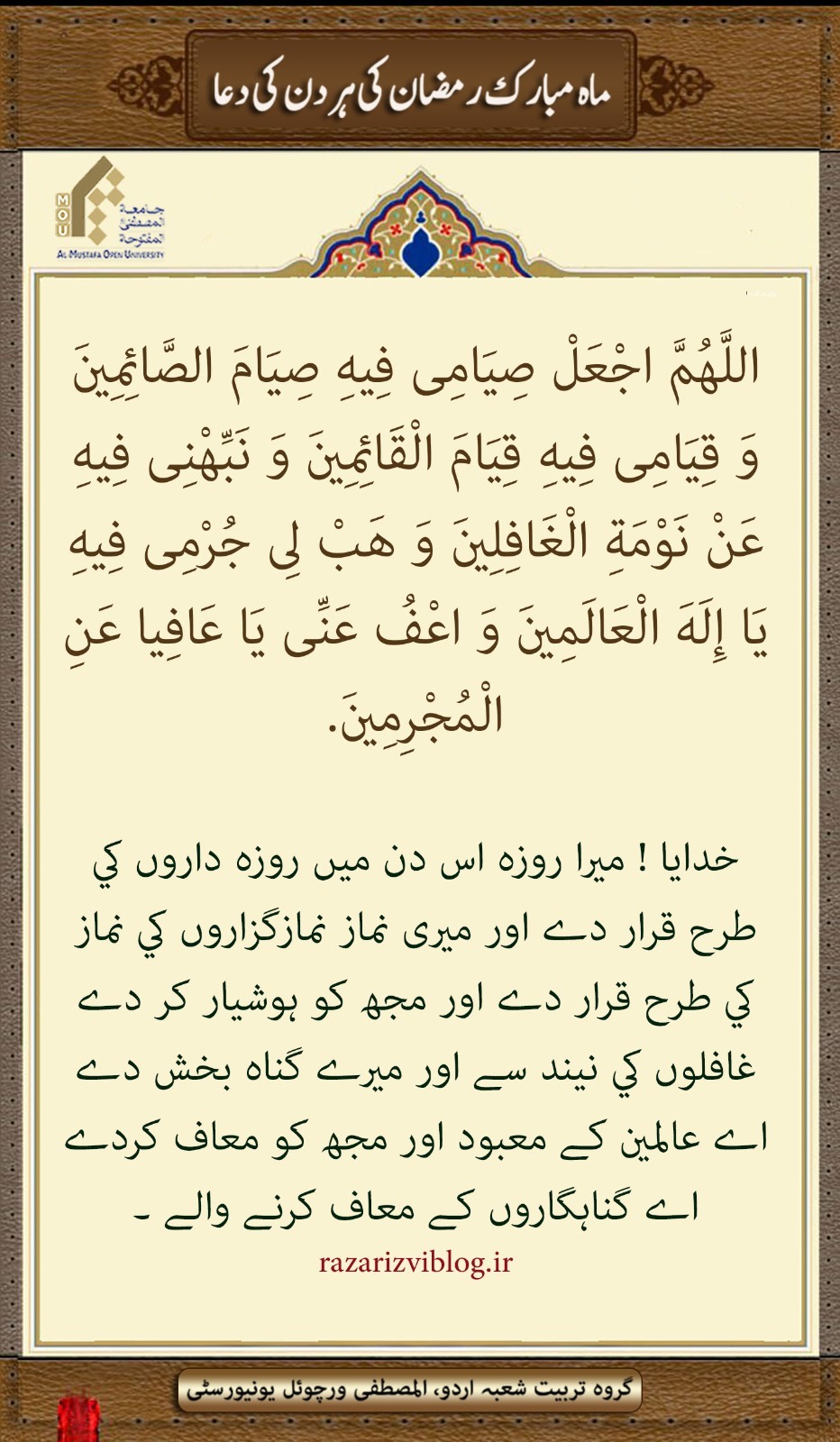
Summary of the 2nd Juz' of the Quran The second Juz' primarily discusses the change of Qiblah, the essence of righteousness, legal and ethical injunctions, stories from Bani Israel, principles of Jihad and sacrifice, and the laws of marriage and divorce. 1. The Change of Qiblah • Initially, Muslims prayed towards Bayt al-Maqdis in Jerusalem for 16-17 months after Hijrah. • The Prophet ﷺ wished for the Ka'bah to be the Qiblah, and Allah fulfilled his desire. • The Jews and Christians objected, but the Quran clarified that true righteousness lies in obedience and piety, not merely the direction of prayer. • It was a test for believers to see who follows Allah and His Messenger ﷺ without hesitation. 2. The Verse of Piety & Related Commands • Ayat al-Birr (Baqarah: 177) defines righteousness as faith, charity, patience, and fulfilling promises rather than just facing a certain direction in prayer. • Key legal and ethical injunctions derived from piety include: • Sa’i of Safa and Marwa • Prohibited foods (Carrion, blood, pork, etc.) • Laws of retribution (Qisas) • Inheritance and will-making • Fasting, I’tikaaf, and the lunar calendar • Jihad, Hajj, and charity in Allah’s way • Prohibition of alcohol and gambling • Marriage, divorce, Iddah, nursing, dowry, and Halaalah 3. The Story of a Pandemic • A group of people fled from a plague out of fear of death. • Allah caused them to die to show that no one can escape death. • Later, a Prophet's prayer revived them, demonstrating Allah’s supreme control over life and death. 4. The Story of Saul (Talut) & Goliath (Jalut) • Bani Israel rejected Talut as a king because he was not wealthy, but Allah chose him due to his knowledge and piety. • His army was tested at a river—only those who drank a little water were deemed worthy. • Despite their small numbers, Talut’s army defeated Goliath’s forces with Allah’s help. • Prophet Dawood (David) عليه السلام emerged as a hero by slaying Goliath and later became a prophet and king. 5. Jihad, Sacrifice & Trust in Allah • Jihad is not just warfare but includes striving for faith, truth, and justice. • Allah's help is for the righteous and patient, not just the powerful. • The story of Talut highlights that faith and perseverance are more important than numbers or wealth. 6. Marriage, Divorce & Family Laws • Marriage is an act of worship, and Muslims are forbidden from marrying polytheists. • Divorce laws ensure justice and fairness, including: o The waiting period (Iddah) o Rights of nursing mothers o The concept of Halaalah and remarriage conditions • Alcohol and gambling were prohibited, as they corrupt society and personal character. Conclusion • This Juz' emphasizes faith, worship, sacrifice, social justice, and reliance on Allah. It teaches that true righteousness comes from obedience to Allah, not rituals alone. The stories of trials and victories reinforce that success comes from patience, perseverance, and trust in Allah. ???? For the audio summary, click here: tinyurl.com/jebf2wf5 ???? Mishkaat Institute of Quranic Sciences sdsd
asdad
